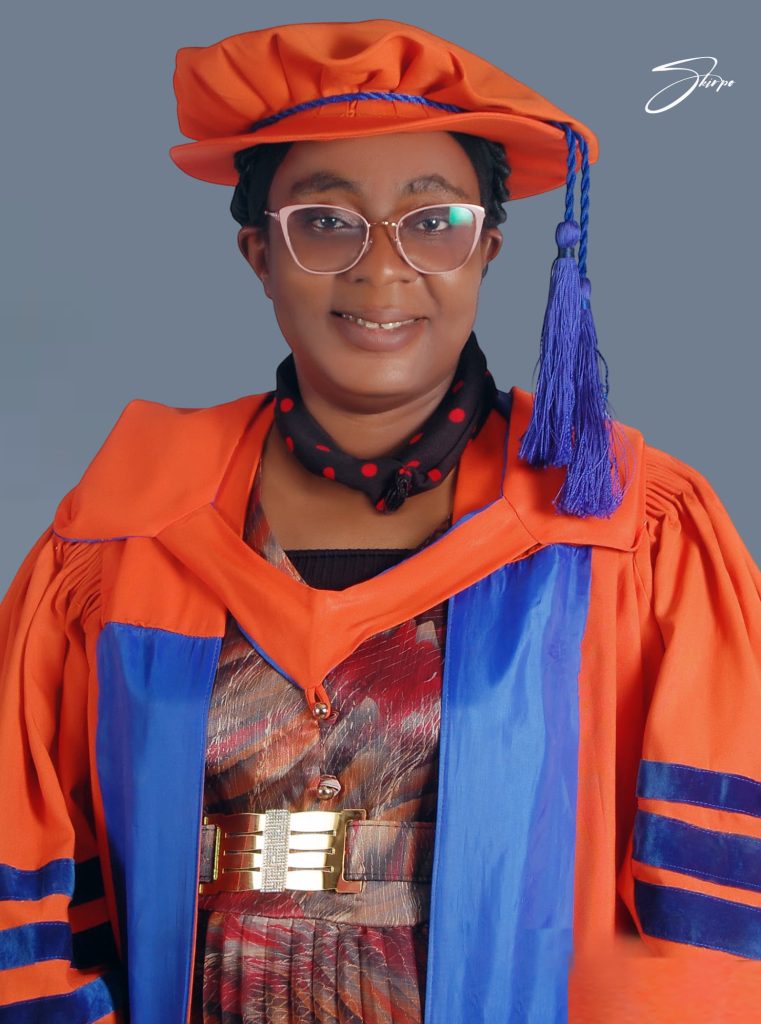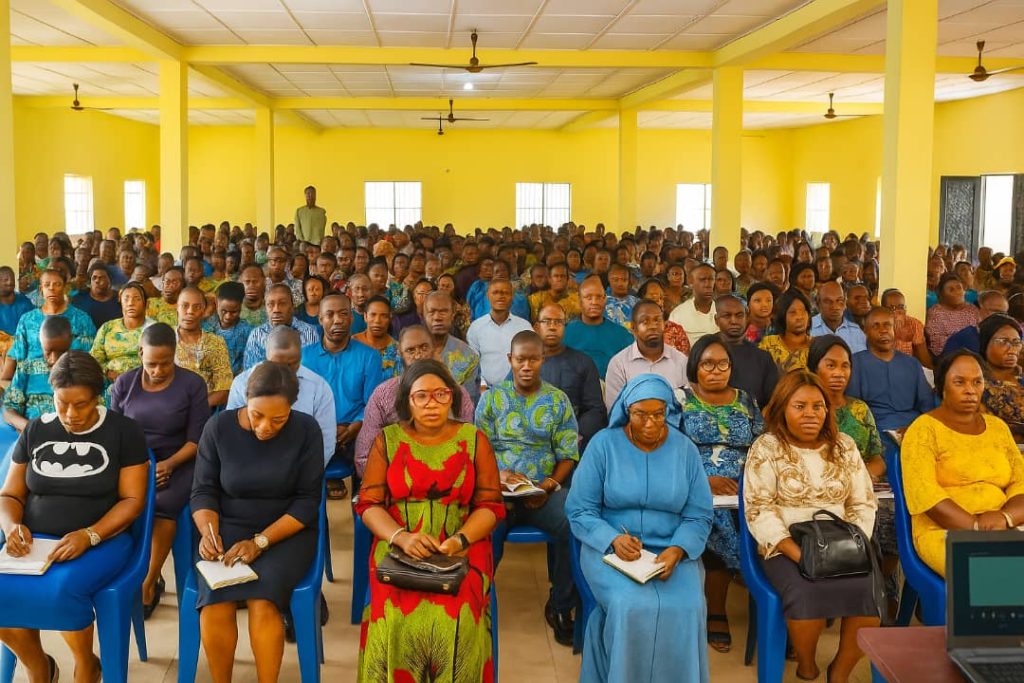


*******Tansian University Hosts 2-Day Workshop on Artificial Intelligence for Teaching and Research
In a landmark move towards academic innovation and digital transformation, Tansian University, Umunya, recently held a 2-day workshop for its academic staff on the theme “AI for Teaching and Research.” The training took place from Thursday, 26th to Friday, 27th June 2025, at the Faculty of Law of the University. It was organized by the Directorate of Academic Planning and Quality Assurance, under the able leadership of Professor Ejikemeuwa J. O. Ndubisi, with the magnanimous support of the Vice Chancellor, Professor Eugene Okoye Nwadialor.
The workshop brought together academic staff from across faculties and departments, with the objective of equipping them with the knowledge and skills needed to effectively integrate Artificial Intelligence (AI) tools into teaching and research. The initiative is part of the University’s broader vision to reposition its academic community in line with global best practices.
Two renowned resource persons facilitated the sessions: Professor Uchenna Eunice Ekpunobi and Dr. Godspower Ifeanyi Akawuku. Their presentations and practical sessions were both engaging and enlightening, as they effectively demystified the perceived complexities surrounding AI and showcased its practical relevance in higher education.
On Day One of the workshop, participants were treated to two major presentations. The first topic, “Understanding Artificial Intelligence and Its Role in Higher Education,” was delivered by Dr. Akawuku, who offered deep insights into how AI is reshaping teaching methods and learning environments globally. The second topic, “Leveraging AI for Literature Review and Research Ideation,” was presented by Prof. Ekpunobi. She demonstrated how researchers can use tools like Elicit, Research Rabbit, and Semantic Scholar to streamline the literature review process and generate relevant research ideas efficiently.
Day Two featured intensive hands-on training sessions. Dr. Akawuku led participants through practical applications of AI Tools for Teaching and Research, including Elicit, Google Classroom, Semantic Scholar, and DIA Modeller. Participants engaged directly with these tools, learning how to design lessons, model data, and enhance classroom interactivity using AI technologies. Prof. Ekpunobi concluded the workshop with a session on “AI in Scholarly Writing, Publishing, and Citation Management,” where she introduced participants to powerful AI-enabled tools like Grammarly, EndNote, Scite, and Zotero, which simplify academic writing, citation formatting, and manuscript preparation.
The Vice Chancellor, Professor Nwadialor, who declared the workshop open, expressed his joy at the success of the event. He lauded the Directorate of Academic Planning and Quality Assurance for the initiative and reiterated the University’s commitment to supporting training programs that foster academic growth, innovation, and global relevance. He emphasized that embracing AI is no longer optional for forward-looking institutions.
In his remarks, the Director of Academic Planning and Quality Assurance, Professor Ndubisi, stated that the essence of the workshop was to provide academic staff with practical knowledge and tools to enhance their effectiveness in both teaching and research. He reminded participants that in today’s digital age, academic excellence is closely linked to technological proficiency and innovation.
The participants, drawn from all faculties, expressed deep appreciation for the opportunity to attend the workshop. Many described it as timely, eye-opening, and impactful. They commended the Vice Chancellor and the Directorate for the strategic initiative and called for the institutionalization of regular digital training programs to keep staff abreast of emerging academic tools and technologies. Some participants recommended the establishment of an AI Resource and Innovation Hub within the University and the formation of faculty-level AI user groups to encourage ongoing learning and collaboration.
The 2-day workshop marks a significant milestone in Tansian University’s journey toward academic modernization and technological advancement. With the knowledge gained, Tansian University’s a academic staff are now better equipped to teach, research, and publish more effectively in a rapidly evolving digital academic landscape. The success of the workshop has positioned Tansian University as a leading light in the integration of Artificial Intelligence in higher education in Nigeria.